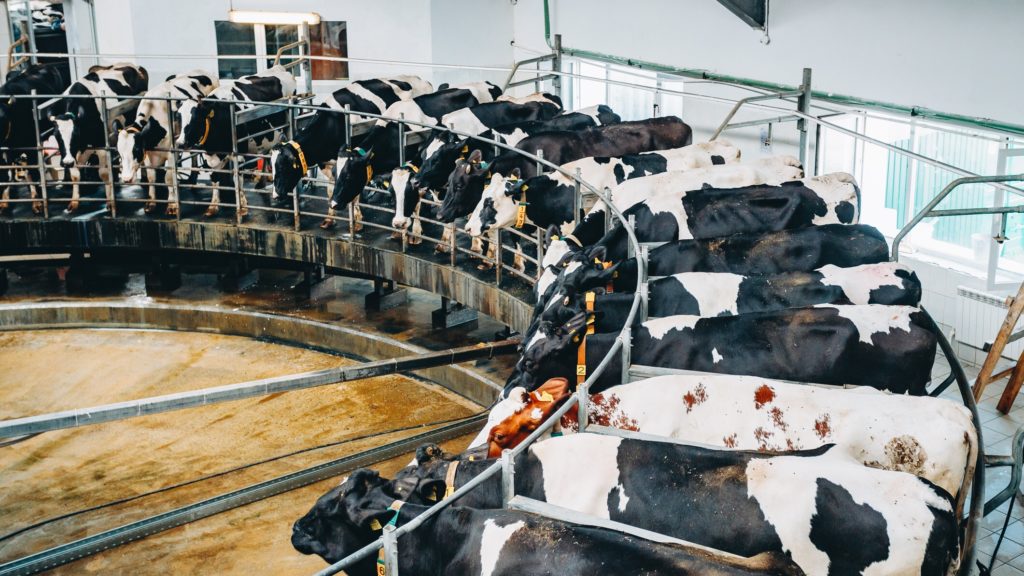Updated 16 March, 2021. The global food system is the leading cause of biodiversity loss worldwide, and a shift towards plant-based diets will be crucial in limiting the damage.
In February, independent policy institute Chatham House published a research paper, titled Food System Impacts on Biodiversity Loss, confirming this.
The paper explores the role of the global food system — and animal agriculture, in particular — in driving the extinction of wildlife. The UN Environment Programme (UNEP) supported the research and development of the report.
As per the International Union for Conservation of Nature (IUCN) Red List, agriculture threatens 24,000 of the 28,000 species documented so far as being at risk — approximately 86 percent of those included on the list.
Chatham House’s paper also outlines the various challenges and requirements of redesigning our food system to protect biodiversity. It also features key recommendations to governments and policy makers.

Does being vegan help climate change?
Creating a more sustainable food system begins with encouraging a global shift towards a plant-based diet. This is due to the disproportionate impact of animal agriculture on biodiversity, land and water use, and its significant greenhouse gas emissions.
“Such a shift would also benefit the dietary health of populations around the world, and help reduce the risk of pandemics. Global food waste must be reduced significantly. Together, these measures would reduce pressure on resources including land, through reducing demand,” reads the study.
The Intergovernmental Panel on Climate Change (IPCC) also advocates for plant-based food production and consumption to help mitigate the climate crisis. While other studies show that a global shift to a vegan diet could feed up to 10 billion people worldwide.
Additionally, the new report suggests the re-establishment of native ecosystems on unused farmland and/or integrating pockets of natural habitat into in-use farmland. This could help diversify intensively farmed landscape around the world.
A growing body of evidence specifically highlights the role that hedgerows play in uniting fragmented agricultural areas in the UK, and establishing even small new areas of natural habitat for wildlife would help promote biodiversity significantly.

Promoting sustainable agriculture
It’s clear that fixing the global food system will require an overall shift towards more sustainable farming practices, in general. Intensive food production methods such as factory and monoculture farming degrade soil and impact natural ecosystems.
Moving away from animal agriculture would also free up additional areas for protection, as the industry currently uses over 80 percent of all global farmland. In general, accepting reduced crop yields in favor of farming more sustainably would reduce the impact of food production in on the land itself.
We must stop arguing that we have to subsidize the food system in the name of the poor and instead deal with the poor by bringing them out of poverty.
Tim Benton, Chatham House
“Politicians are still saying ‘my job is to make food cheaper for you’, no matter how toxic it is from a planetary or human health perspective,” said the report’s research director Prof Tim Benton as reported in The Guardian. “We must stop arguing that we have to subsidise the food system in the name of the poor and instead deal with the poor by bringing them out of poverty.”
Speaking to LIVEKINDLY, he added: “Moving to more plant-based diets and wasting less food is a key enabler allowing both pristine ecosystems to be preserved, and also the adoption of wildlife-friendly farming. The more demand is pushed in the name of economic growth, the more that both become difficult.”
The report requests that moving into 2021, international decision-makers prioritize the establishment of a biodiversity-supporting food system as part of a green recovery from the coronavirus (COVID-19) pandemic.


